UNPACKING CONSERVATION-BASED SAFARIS
How you can contribute to the invaluable work being done
The allure of Africa’s wilderness has long been its captivating biodiversity and the raw beauty of its landscapes, drawing visitors from around the globe. However, in recent years, a new trend has emerged as more travellers seek ways to contribute meaningfully to the preservation of these ecosystems. Conservation-based safaris offer an immersive way to experience the African wilderness while actively participating in conservation efforts, bridging the gap between tourism and direct environmental action...
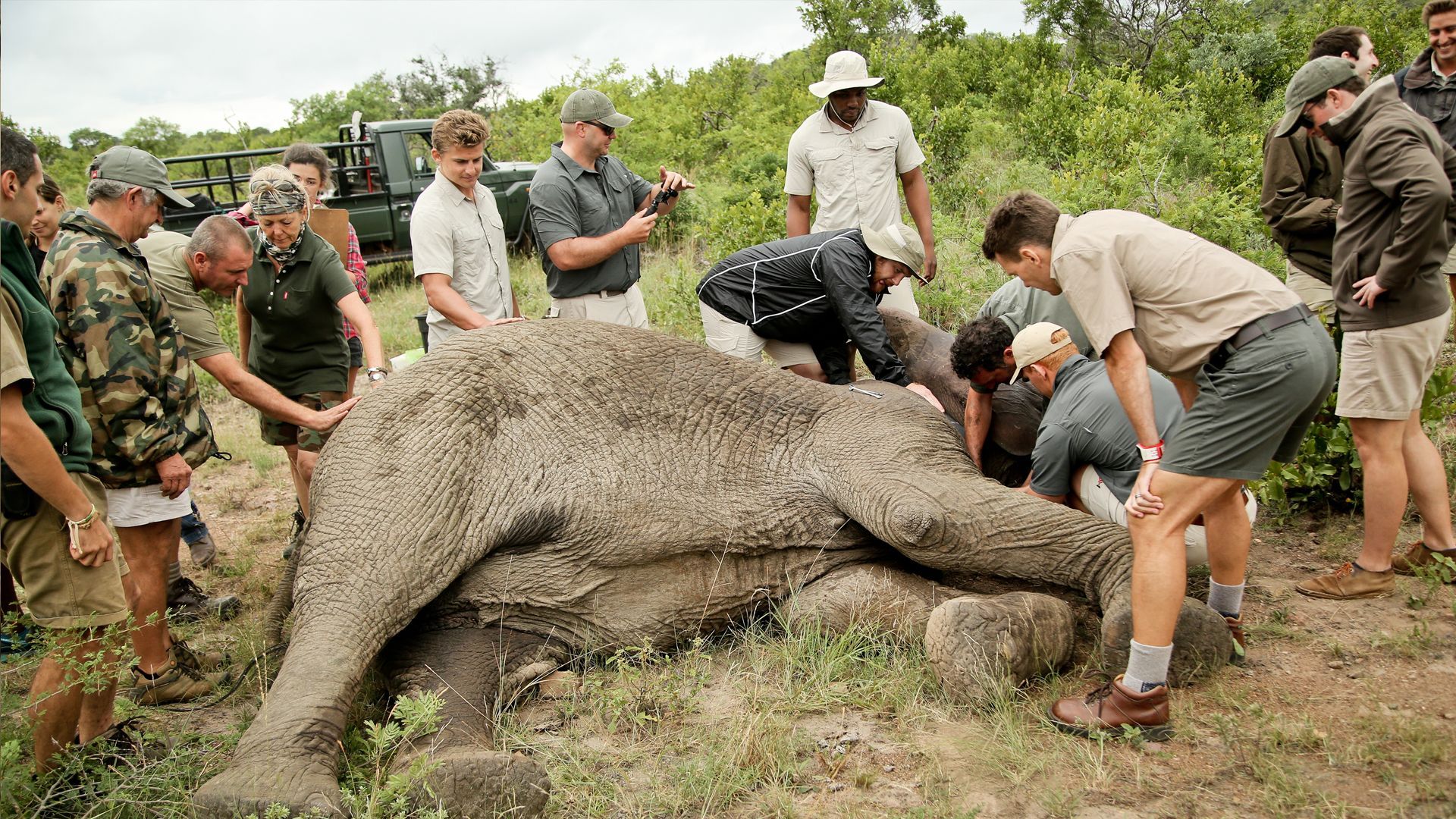
Slide title
Write your caption hereButton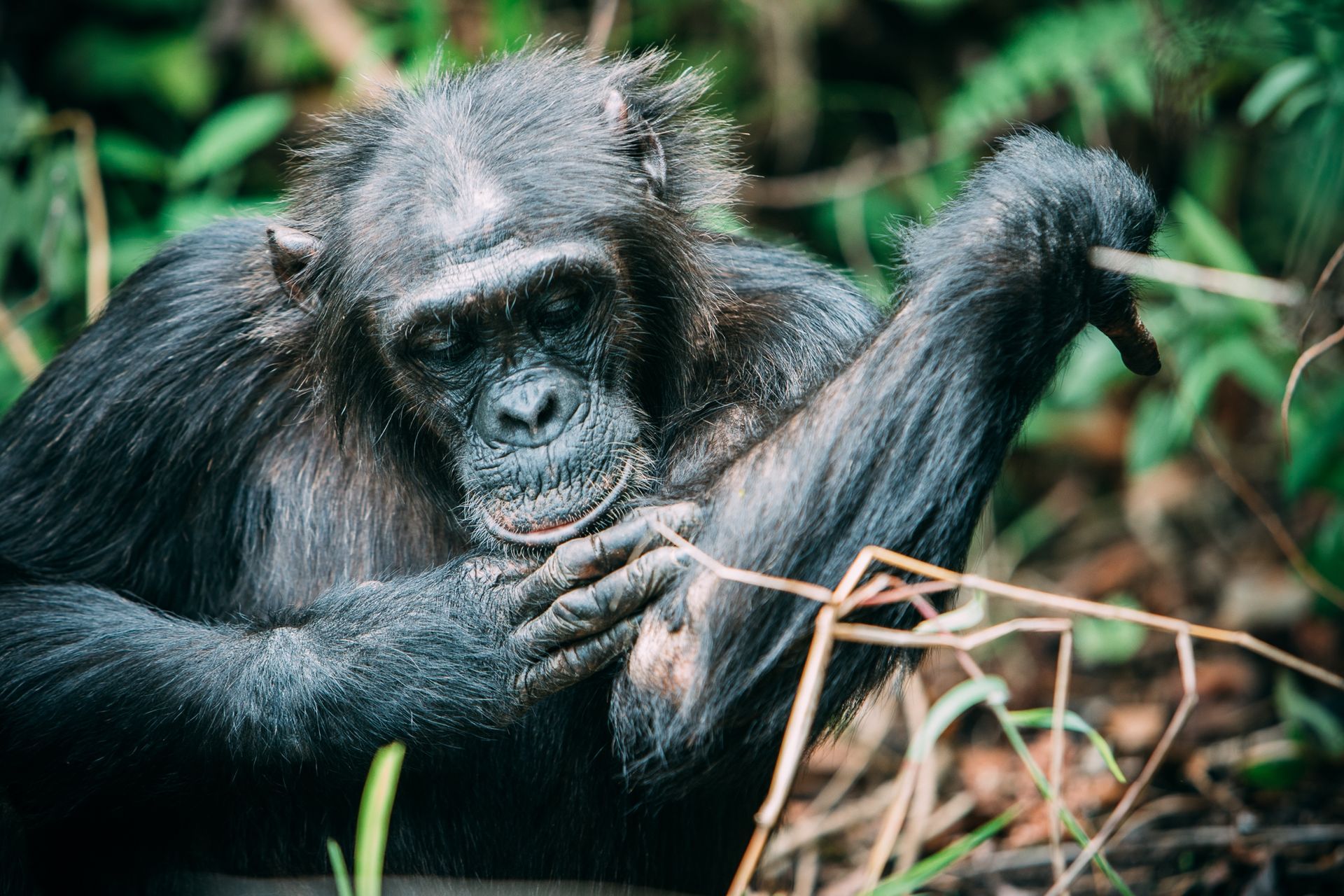
Slide title
Write your caption hereButton
Slide title
Write your caption hereButton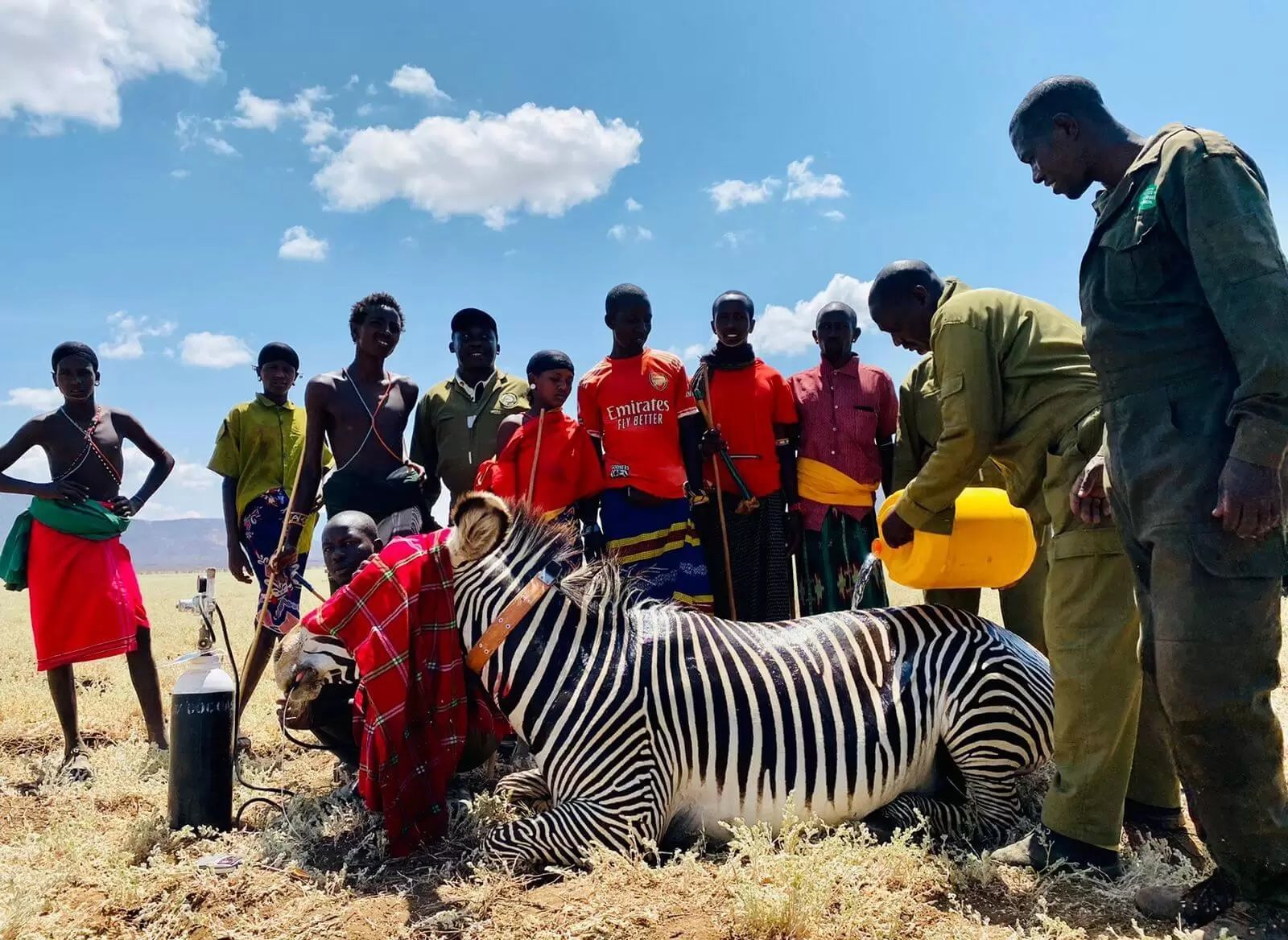
Slide title
Write your caption hereButton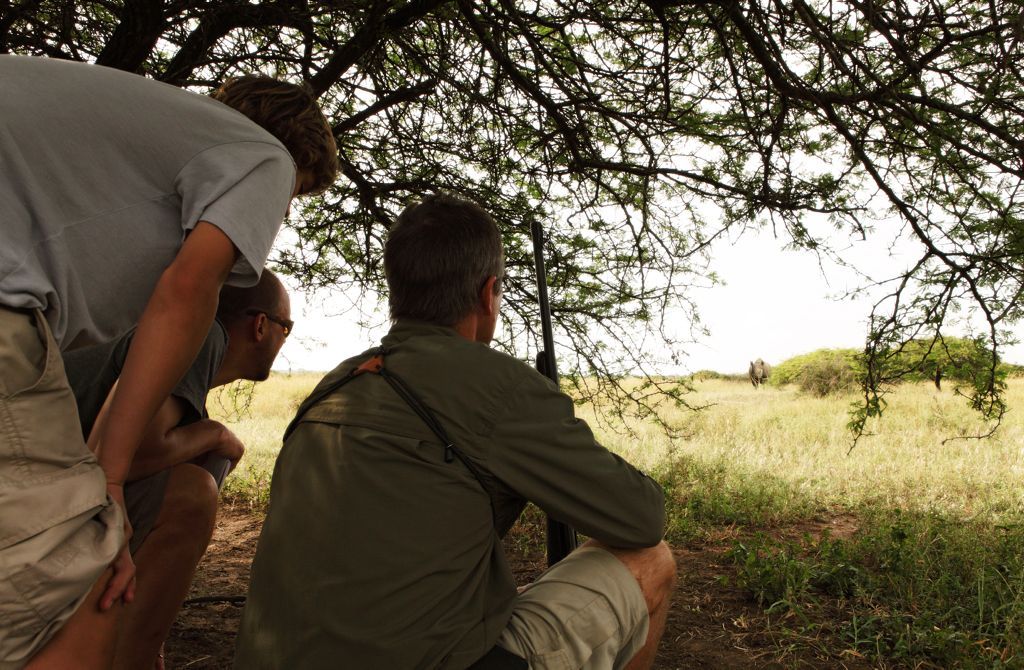
Slide title
Write your caption hereButton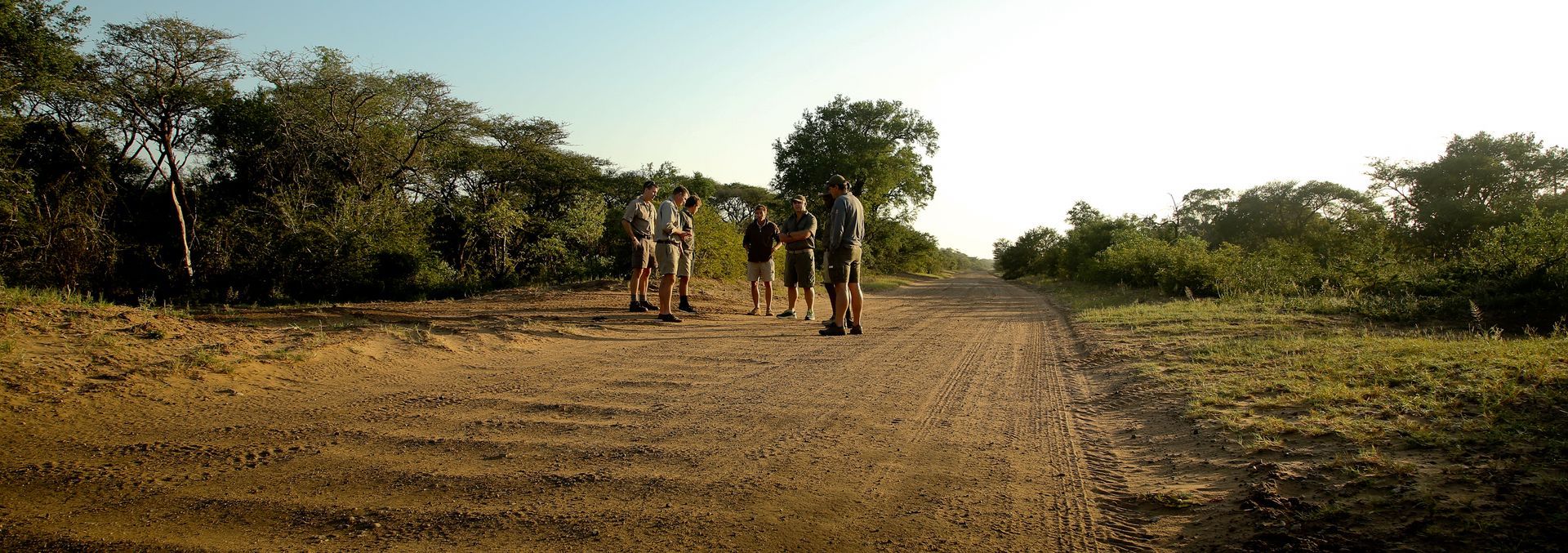
Slide title
Write your caption hereButton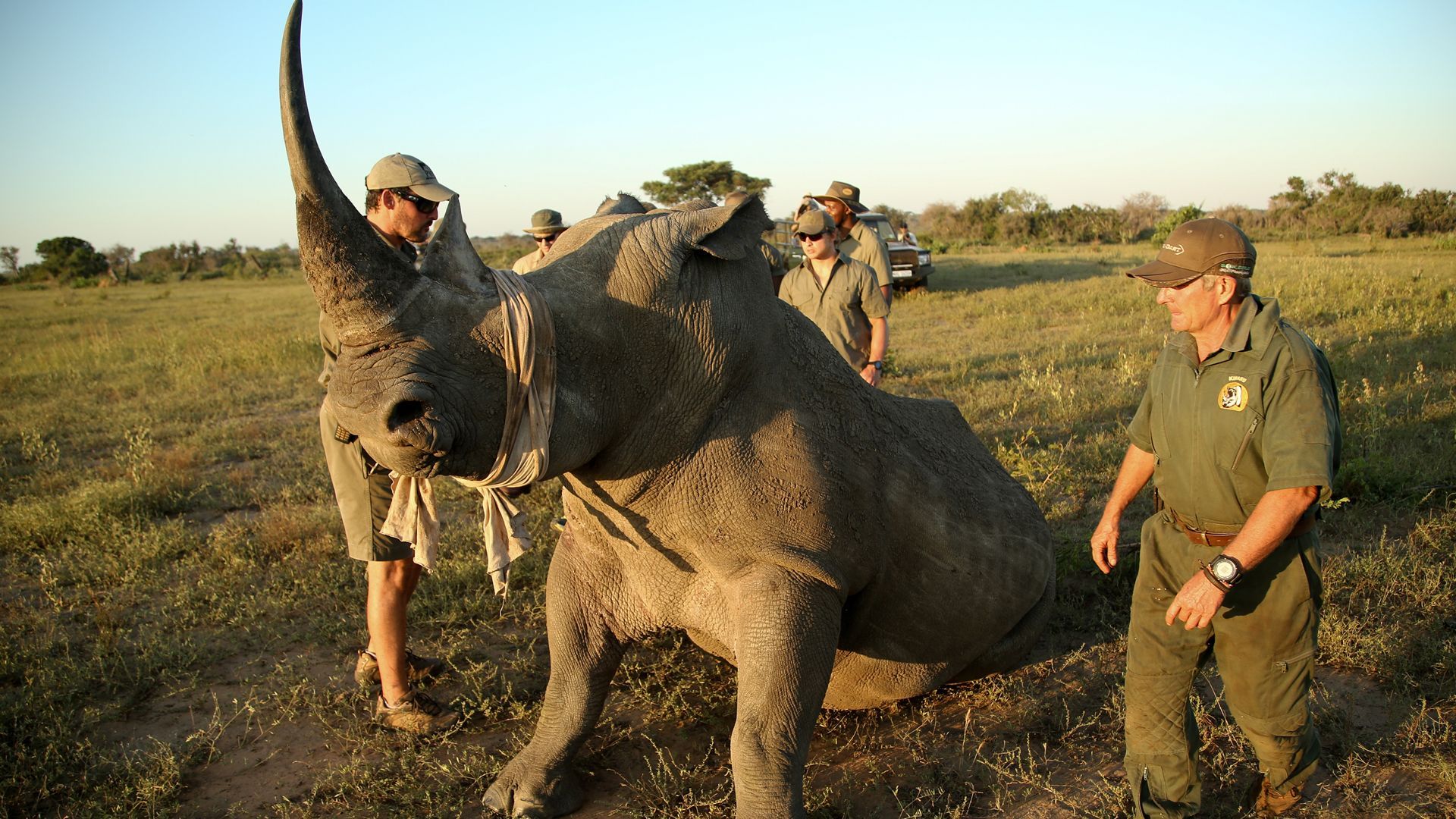
Slide title
Write your caption hereButton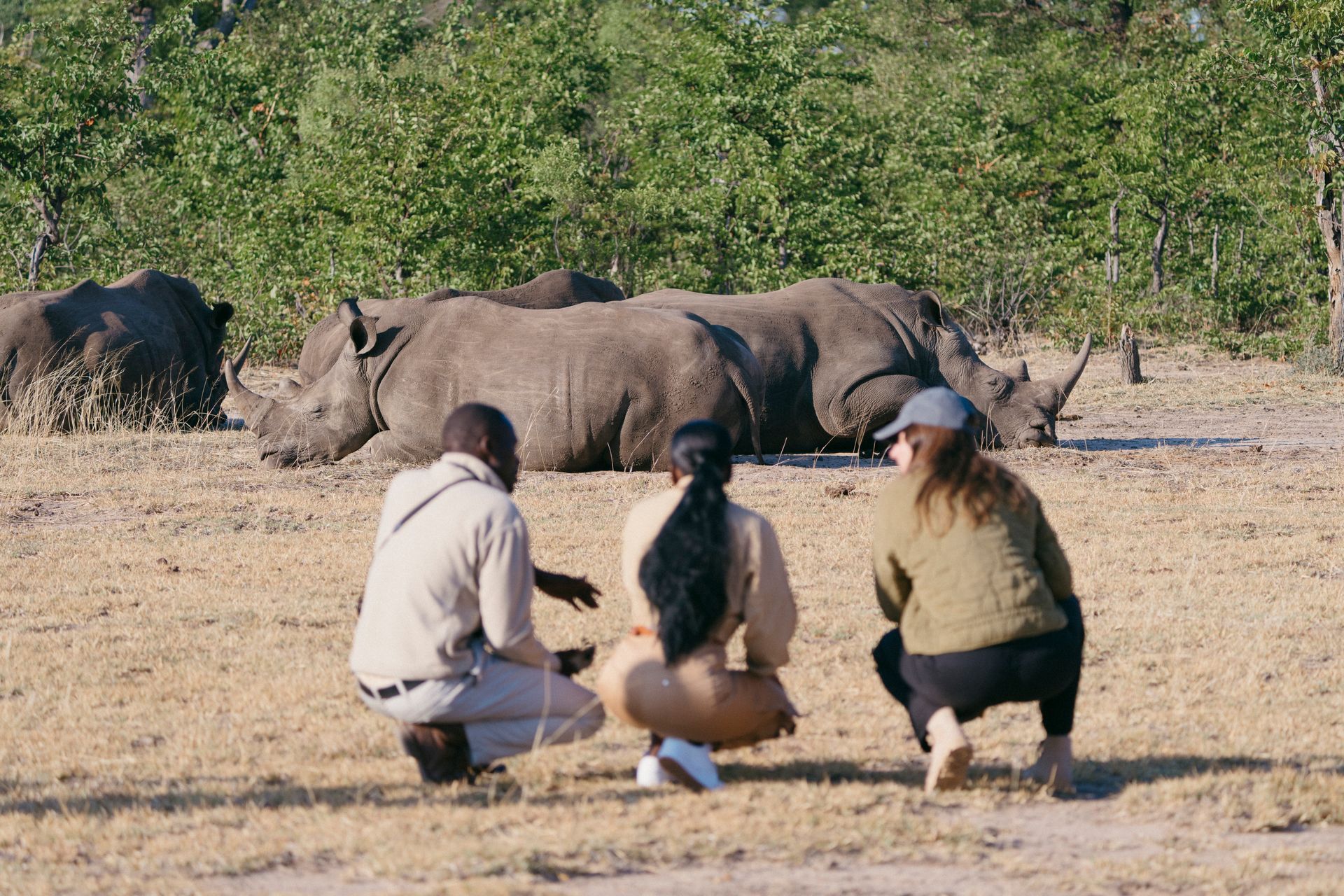
Slide title
Write your caption hereButton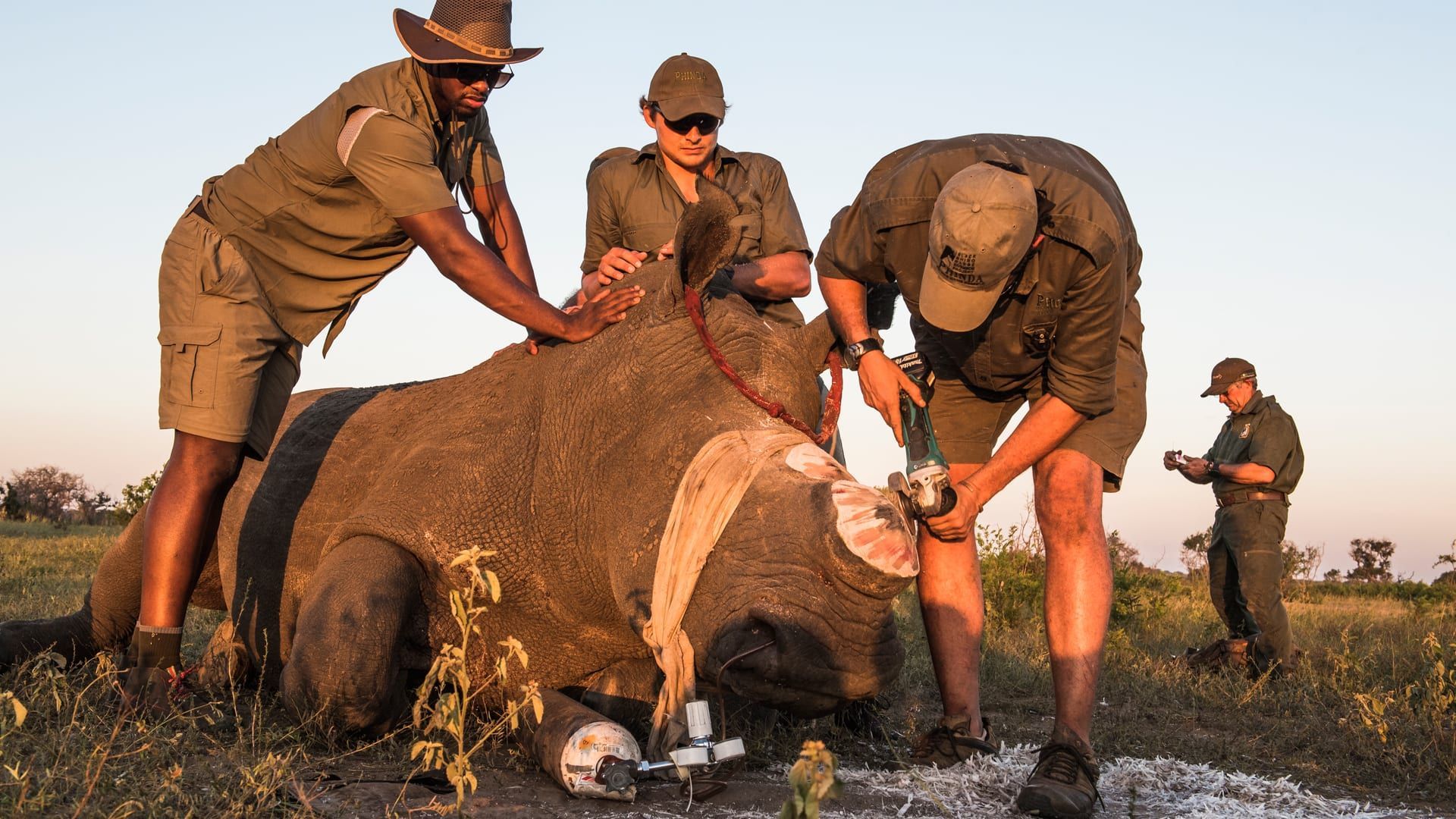
Slide title
Write your caption hereButton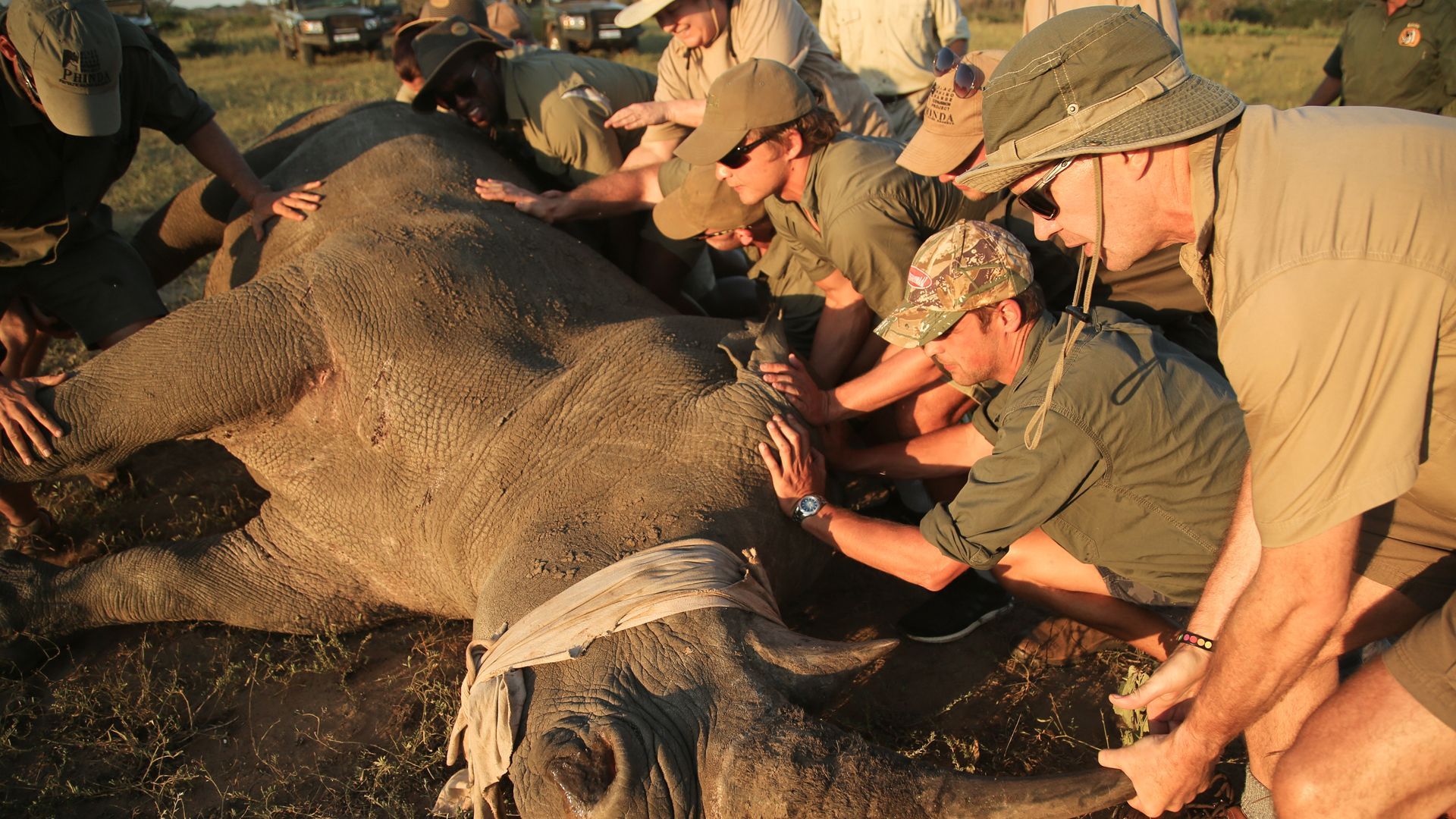
Slide title
Write your caption hereButton
As wildlife conservation becomes increasingly urgent across the continent, the value of conservation-based safaris has increased, allowing tourists to become contributors to essential, on-the-ground initiatives like rhino de-horning, snare removal, wildlife tracking, and community engagement projects that play a critical role in species preservation.
One of the most striking examples of tourist-driven conservation efforts in South Africa is rhino de-horning. With the rhino poaching crises threatening this iconic animal, especially in South and Southern Africa, de-horning has proven an effective method in deterring poachers by reducing the rhino’s economic value without harming the animal itself. Conservation-based safaris now allow visitors to witness — and, in some cases, even assist in — the careful and humane process of de-horning.
Guided by experienced wildlife vets and conservationists, tourists can observe the tranquilisation, safe removal, and post-procedure monitoring of rhinos, understanding first-hand the intricacies of safeguarding this keystone species. Besides providing insight into the broader challenges of anti-poaching efforts, these initiatives fund essential equipment, personnel, and logistics needed to keep rhinos safe from the illegal wildlife trade.
Another vital aspect of these safaris involves the removal of snares, which are indiscriminately set traps that pose an acute threat to wildlife. Snares are widely used by poachers to capture animals, often causing devastating injuries or fatalities to unintended species like lions, elephants, and antelope. Many conservation safari operators incorporate snare removal patrols as a part of the guest experience, where participants join rangers in systematically combing through bushland to locate and dismantle snares.
This hands-on engagement not only aids in clearing vast areas of dangerous traps but also funds anti-snare initiatives while raising awareness about the critical dangers posed by indiscriminate trapping methods. Tourists witness the realities of human-wildlife conflict and come to understand the tangible impact of their own presence and participation in helping maintain safer habitats for local wildlife.
Another popular experience is to witness or participate in animal collaring to attach GPS tracking devices to specific animals in order to help map their movements. Species tracking and monitoring programmes have also gained popularity as they allow travellers to contribute directly to wildlife research. The tracking of iconic animals such as elephants, lions, leopards, and cheetahs offers an intimate experience with these animals in their natural environments while also helping to gather crucial data for conservationists.
Participants in these safaris often use telemetry devices and GPS tracking tools alongside expert guides, learning how researchers monitor migration patterns, territories, and behavioural patterns. This tracking data is vital for conservationists seeking to understand and mitigate the effects of human activities on animal behaviour, with visitor involvement providing both funding and logistical support to these monitoring efforts.
In Tanzania, for example, travellers working with local guides have been instrumental in supporting projects monitoring the movements of lion prides around the Serengeti, helping pinpoint areas of concern and informing the design of wildlife corridors that can reduce human-wildlife conflict.
Community engagement is another cornerstone of conservation-based safaris, emphasising the role of local communities as custodians of natural resources. Across Africa, conservation-focused lodges and operators are working with nearby villages and community leaders to create models of ecotourism that share economic benefits directly with residents.
Through organised visits, tourists interact with these communities, gaining insights into traditional knowledge, cultural heritage, and sustainable resource management practices. In return, a significant portion of safari revenue often goes towards community-based conservation projects, such as supporting local schools, healthcare facilities, and small businesses.
These initiatives foster a sense of shared responsibility for wildlife protection and demonstrate how sustainable tourism can be a force for local development. Through these initiatives, conservation-based safaris represent a meaningful shift in African tourism, where travellers are not merely spectators but active participants in conservation.
The growing popularity of these safaris reflects a wider awareness of the environmental challenges facing the continent and the understanding that travel can, and should, be a vehicle for positive change. For those drawn to the allure of Africa’s wildlife, these experiences offer a powerful way to connect with nature while contributing to its preservation, funding crucial initiatives, and helping to build a future where Africa’s biodiversity can flourish.
The choice to participate in conservation-based tourism is, ultimately, a choice to support a vision of African wilderness that endures for generations, where each visitor becomes an advocate and contributor to the protection of one of the world’s most valuable natural legacies.
As conservation-based safaris gain popularity, the rise of ethical considerations surrounding these programmes has become increasingly important. Travellers are now more discerning, seeking assurance that their participation genuinely supports meaningful conservation rather than inadvertently causing harm or exploiting wildlife. Ensuring that a safari programme aligns with reputable conservation efforts and operates ethically is a vital step for travellers who wish to make a positive impact.
One of the most reliable ways to verify the ethics of a conservation-based safari is by checking its affiliations with established conservation organisations. Programmes endorsed by bodies such as the African Parks Network, the Endangered Wildlife Trust, or the World Wide Fund for Nature (WWF) are often structured with strict ethical guidelines and scientific oversight. These affiliations indicate that the safari contributes directly to conservation initiatives that follow best practices, transparency, and measurable impact. Many responsible operators prominently feature their partnerships with conservation bodies on their websites, and it’s worth reviewing these partnerships to ensure they are credible and substantiated.
Ethical conservation programmes also prioritise animal welfare and habitat preservation above profit. For example, many reputable safaris limit the number of participants in sensitive activities, like wildlife tracking or snare removal, to minimise disturbance. They also follow strict protocols around interactions with animals, often prohibiting any physical contact and maintaining safe distances to reduce stress on the wildlife. We consider these guidelines carefully, choosing operators that emphasise minimal intervention and adhere to scientifically sound practices. We understand that safaris that place a high value on leaving animals undisturbed and habitats intact are more likely to be aligned with genuine conservation goals.
We look for and support programmes and products verified by independent accreditation bodies that make a thorough evaluation of environmental, social, and economic practices, ensuring that operations support not only wildlife protection but also fair wages, community engagement, and environmental sustainability.
Ethical operators should transparently disclose the portion of funds going toward conservation initiatives, equipment, anti-poaching efforts, or community development. We ask the tough questions for you, finding out where your money goes, helping to ensure that your contribution supports the mission you intend to uphold, making it easier to distinguish between genuinely impactful safaris and those with a superficial conservation focus.
Participating in ethical conservation-based safaris requires a mindful approach, but it enables travellers to be confident in the positive impact of their journey. By verifying programme affiliations, examining animal welfare protocols, and supporting operations with transparent conservation funding, we make sure you can become advocates for Africa’s ecosystems, aiding initiatives that foster real change while preserving wildlife and habitats. This due diligence not only enriches the traveller’s experience but ensures that the conservation-based tourism model remains a force for sustainable impact, keeping Africa’s wilderness and communities resilient for the future.
Text: Sharon Gilbert-Rivett
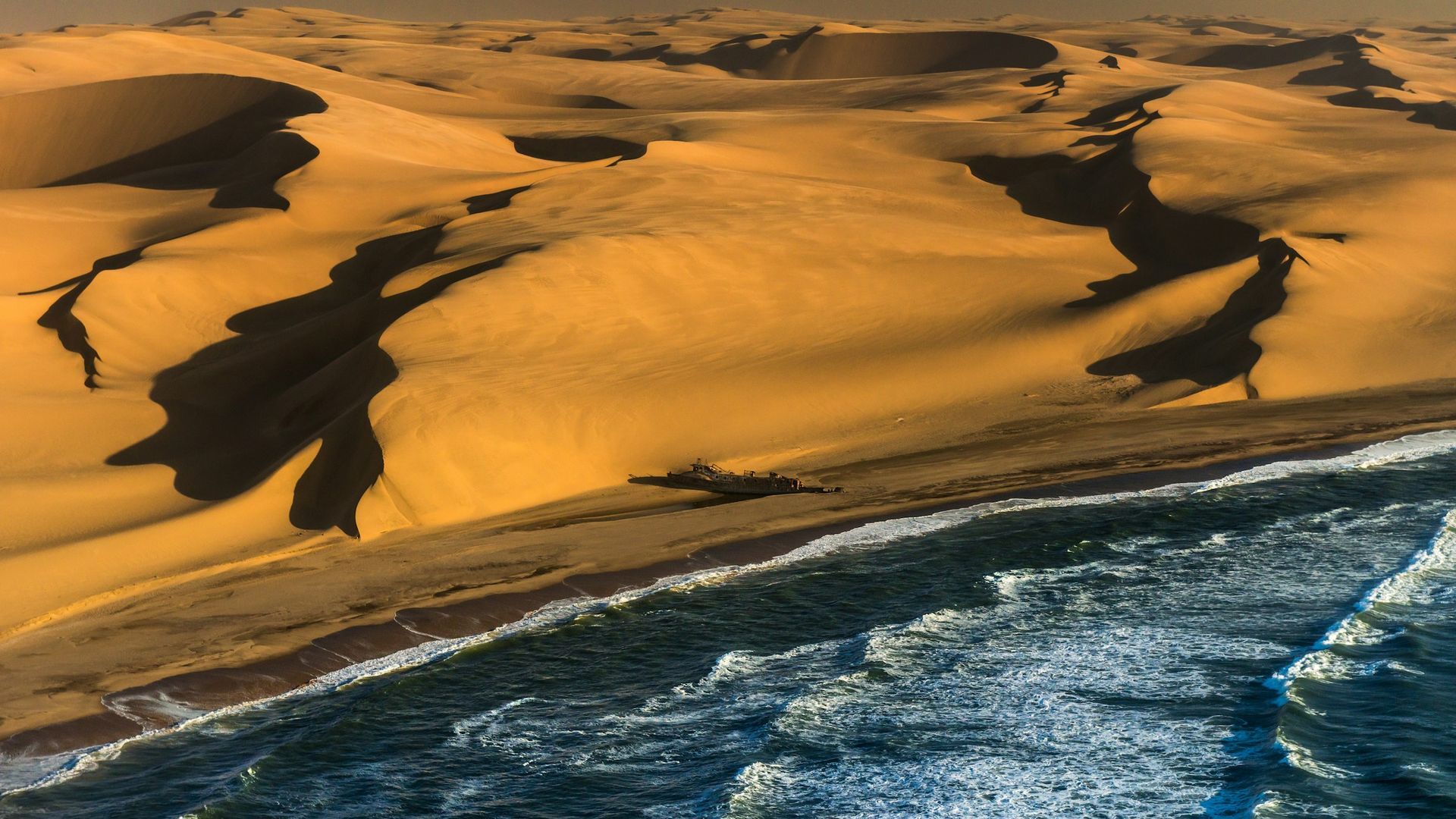
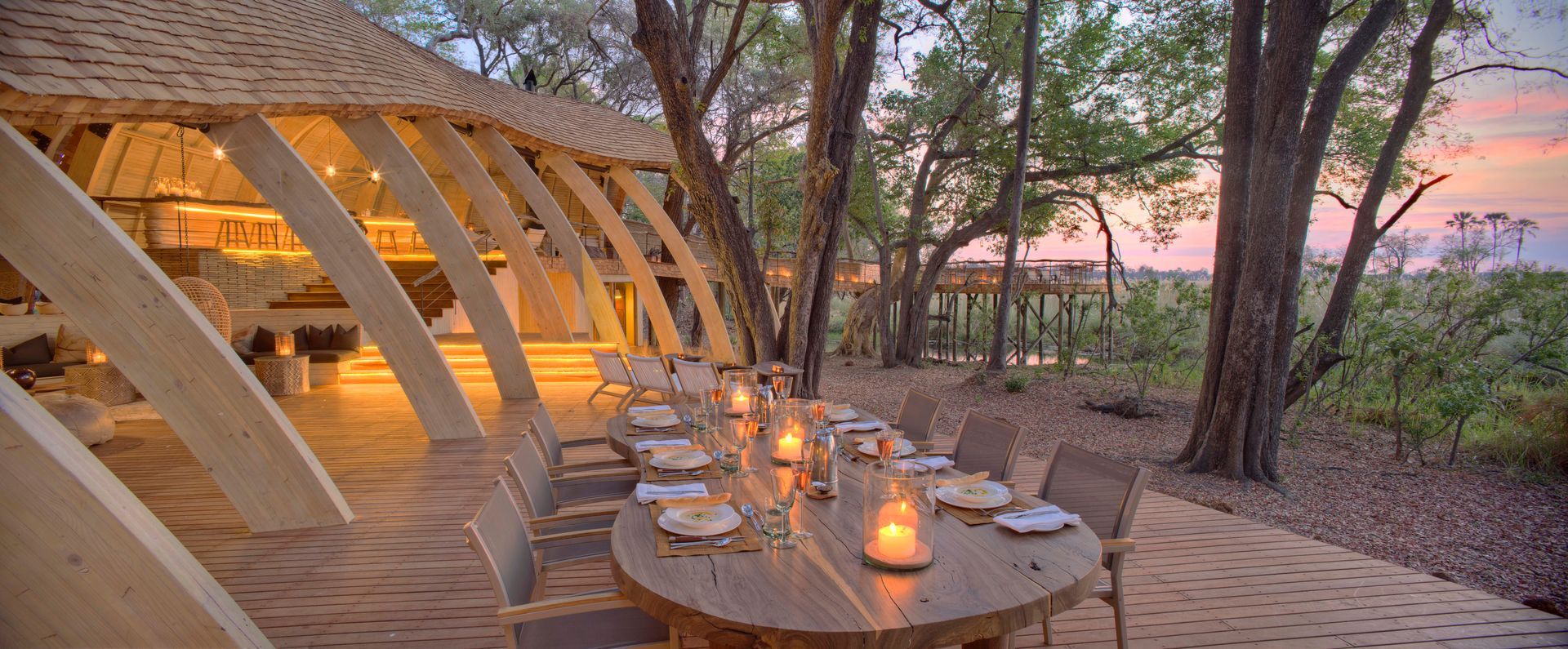
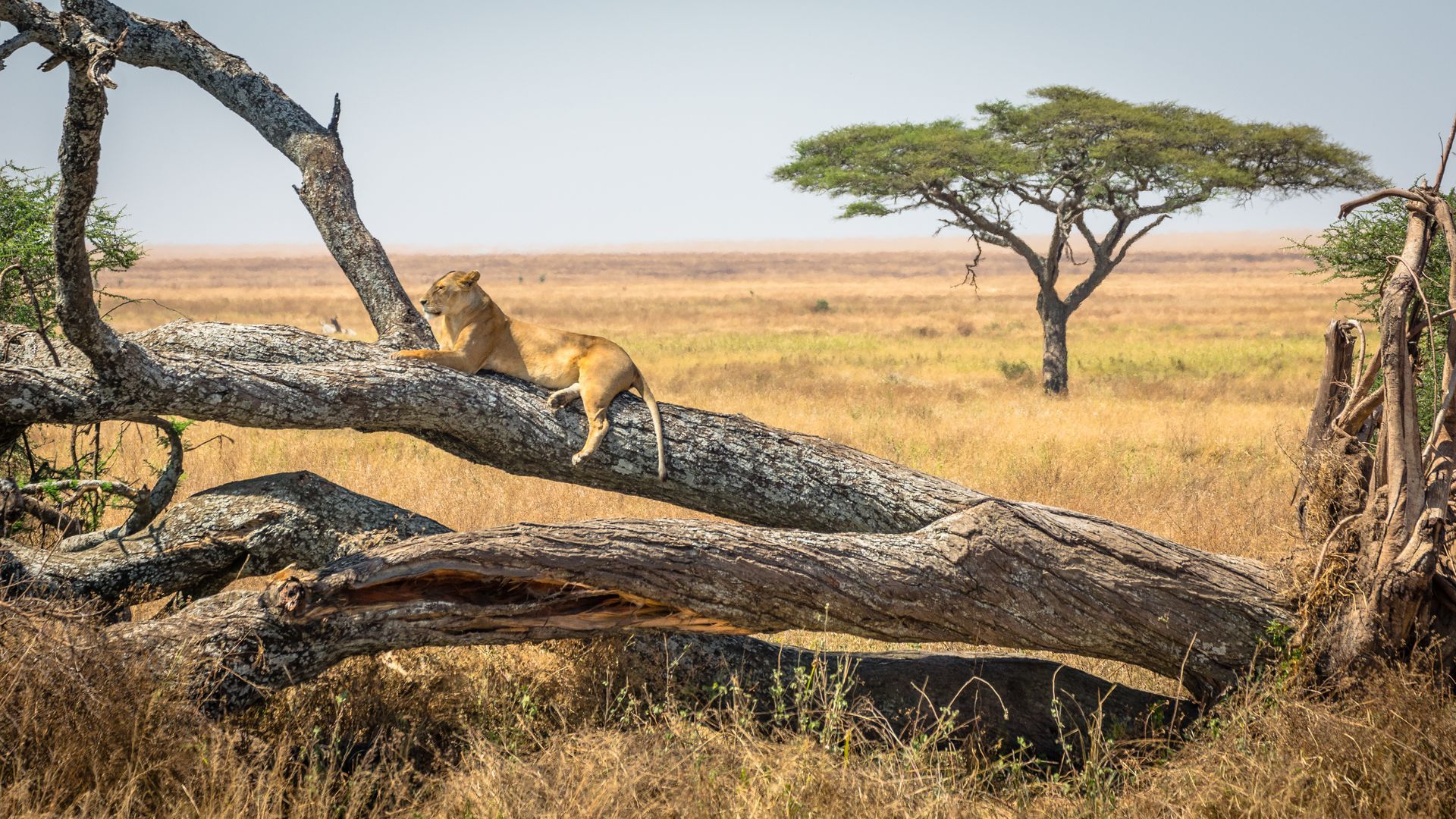
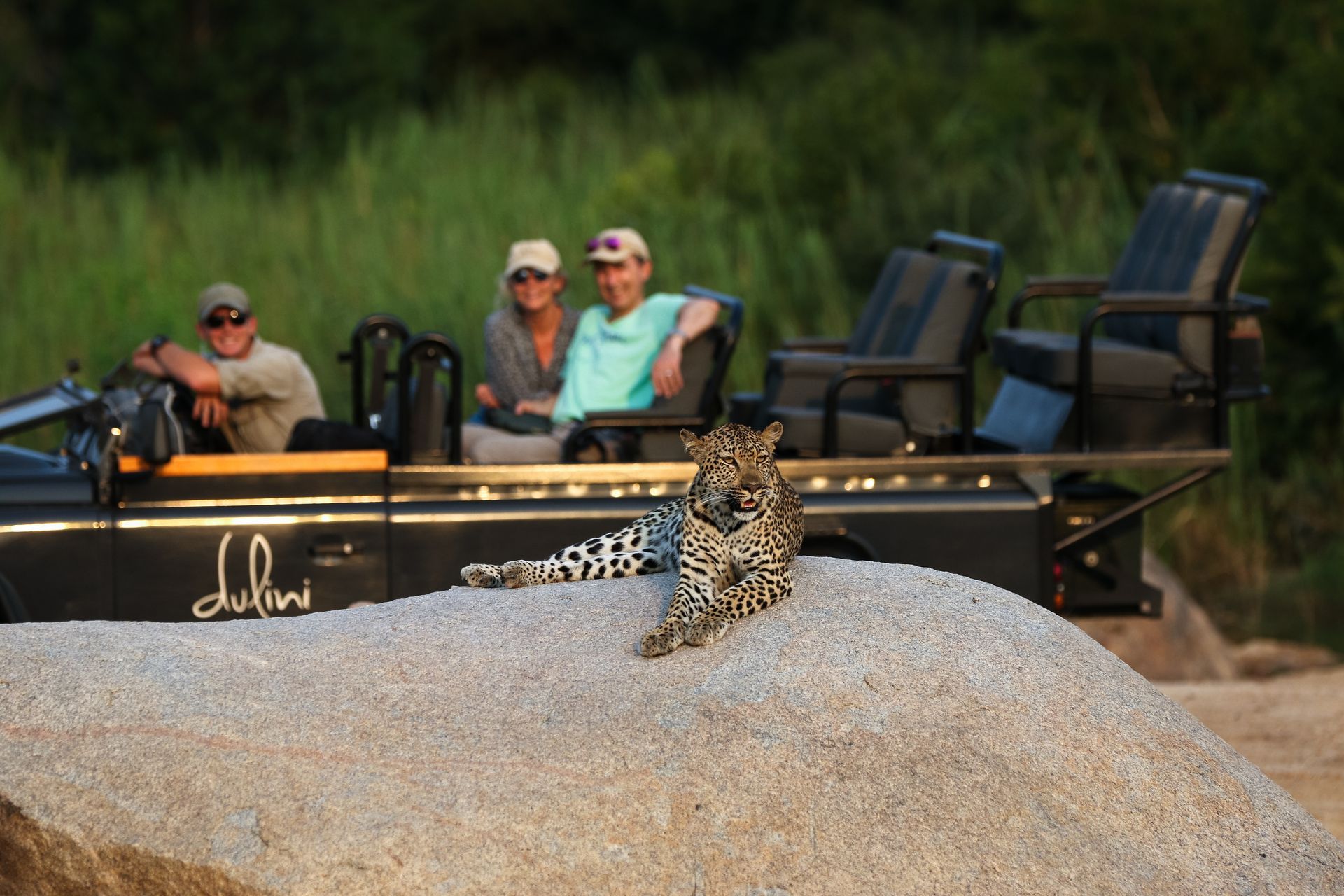
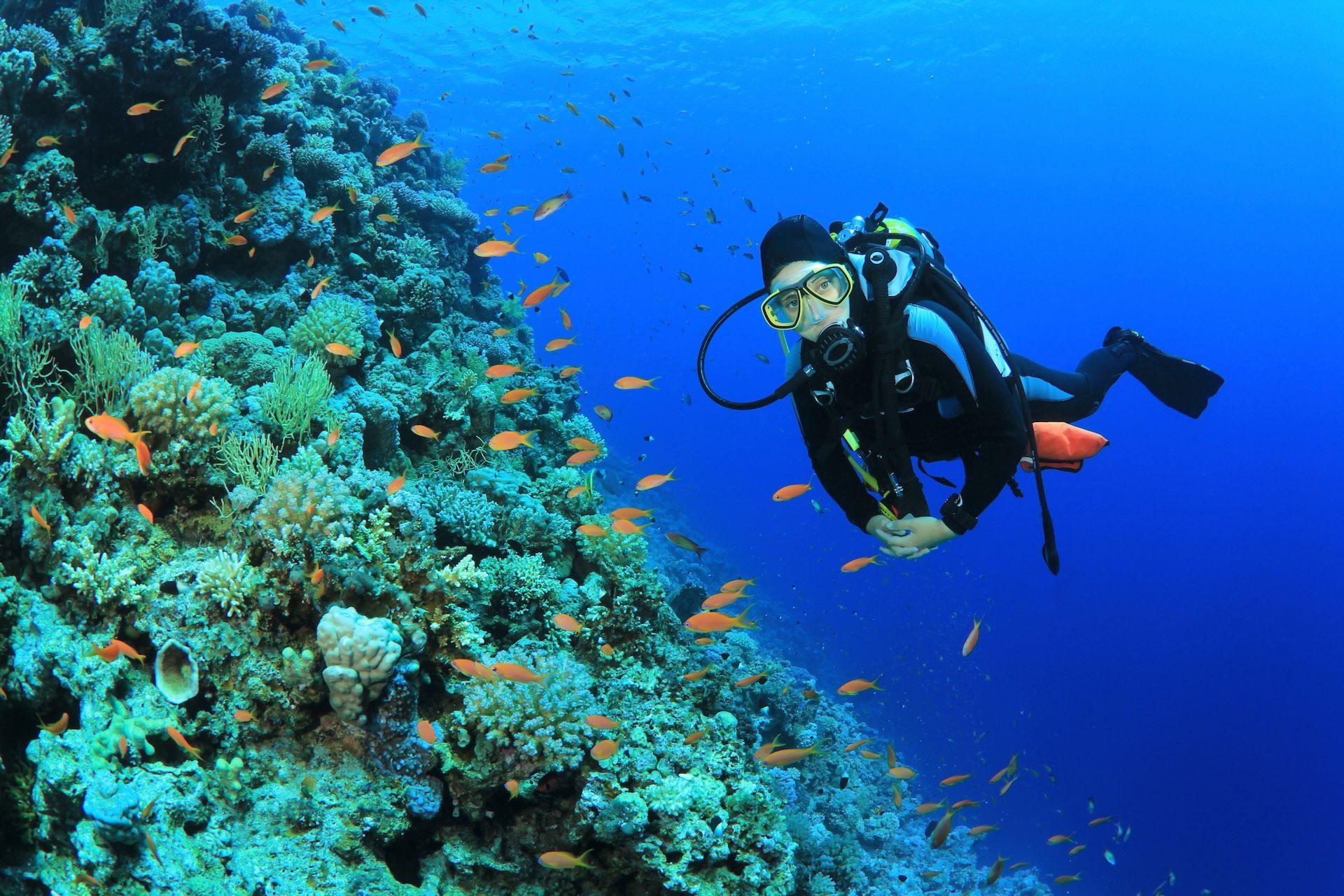
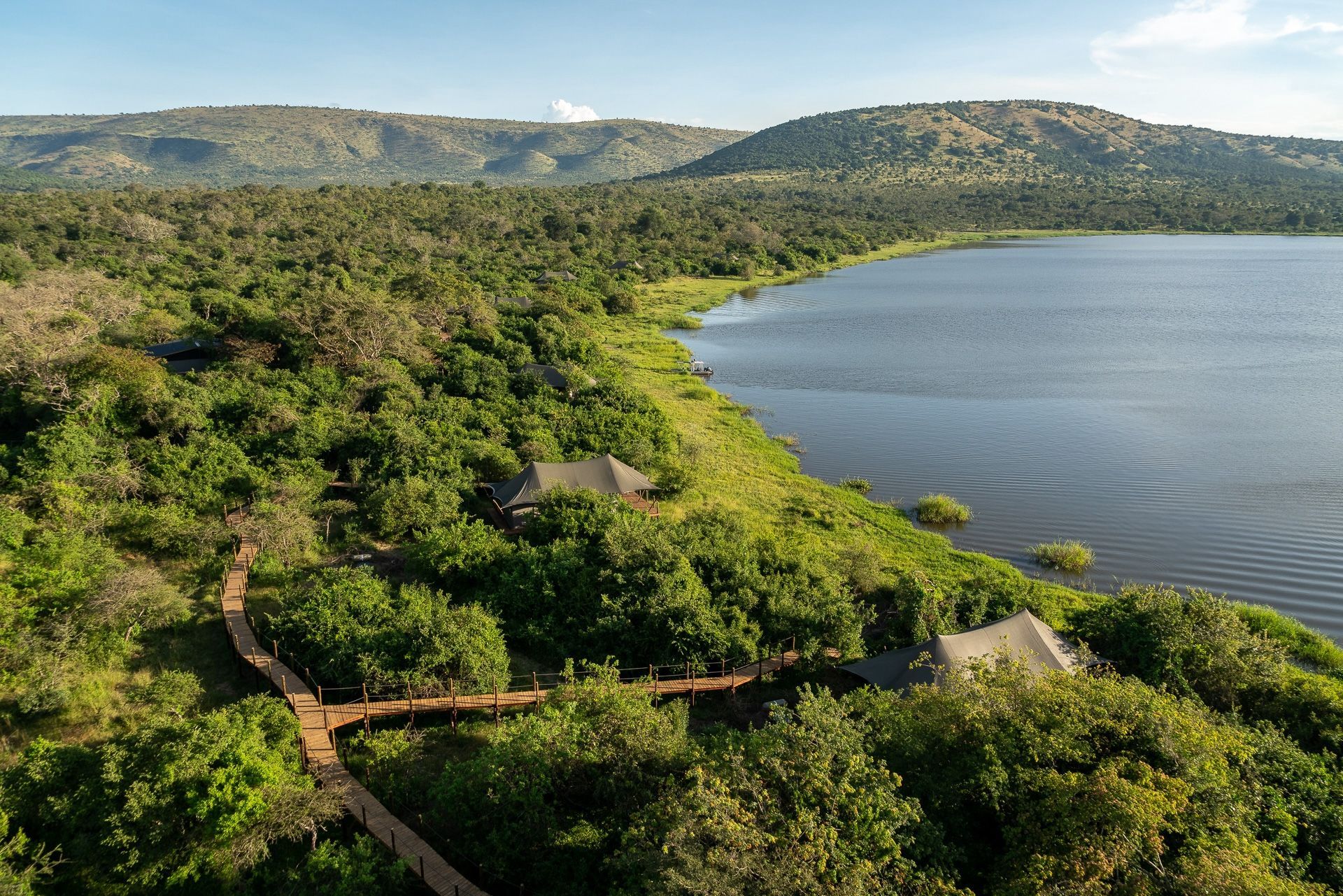
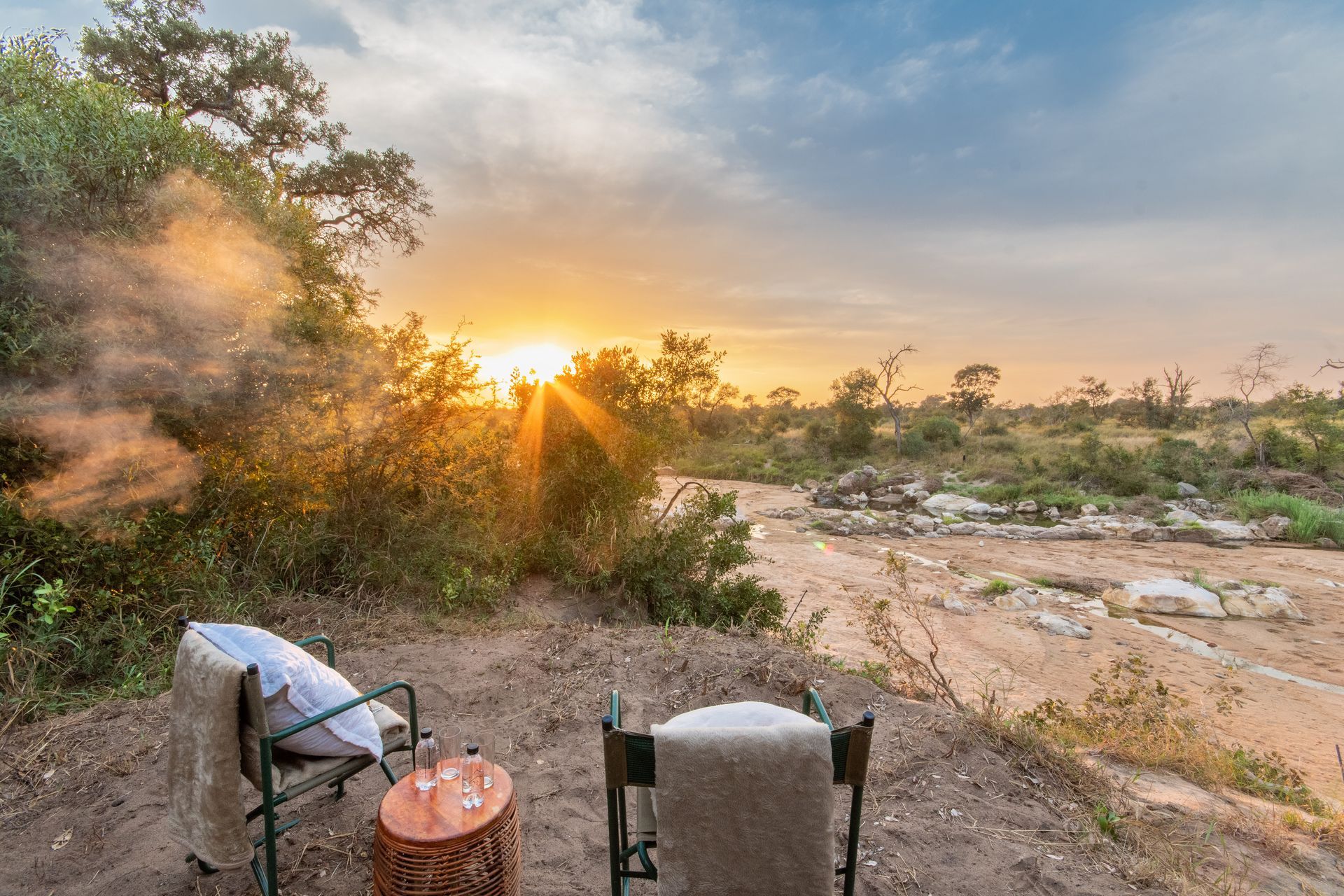
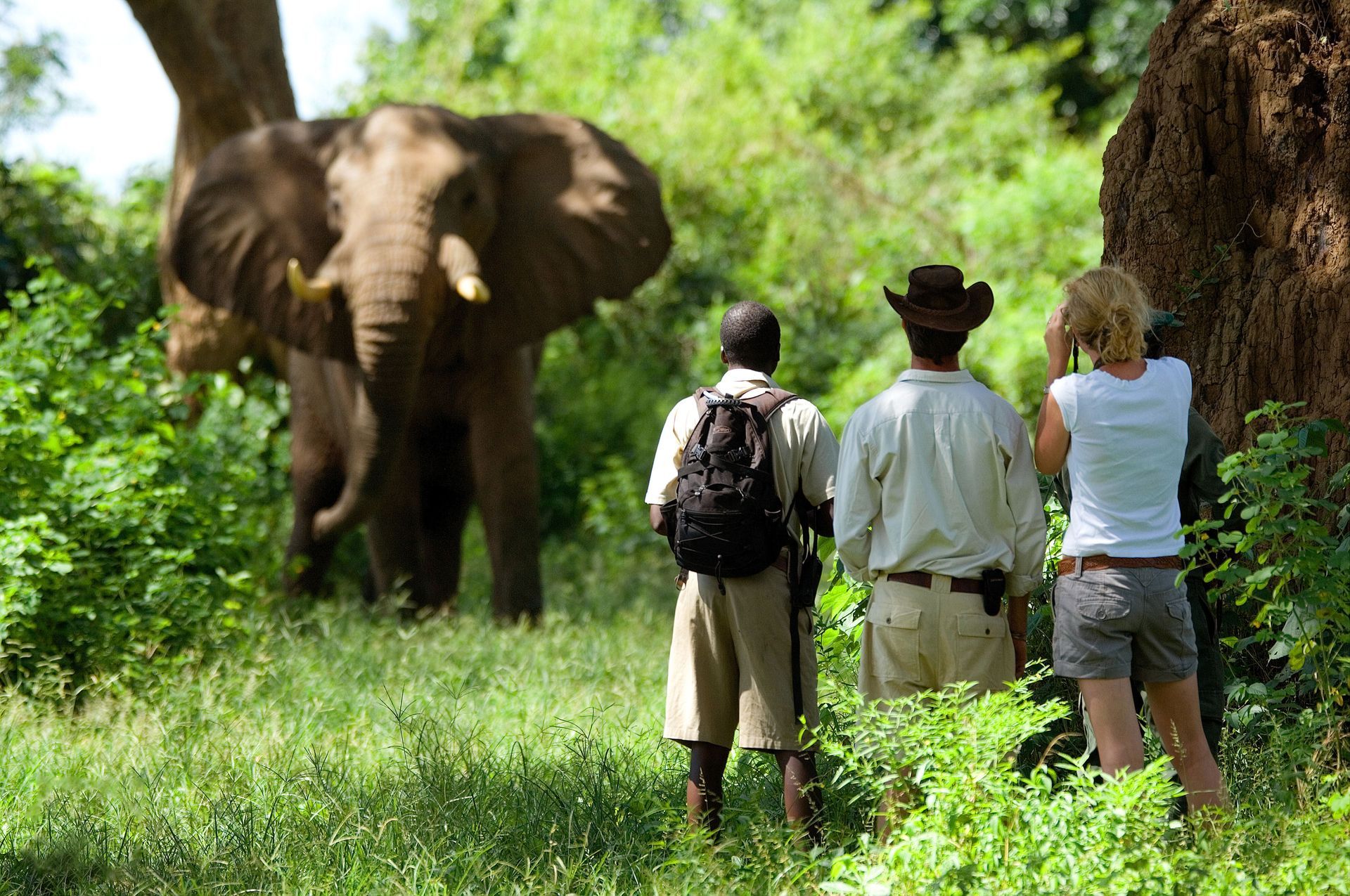
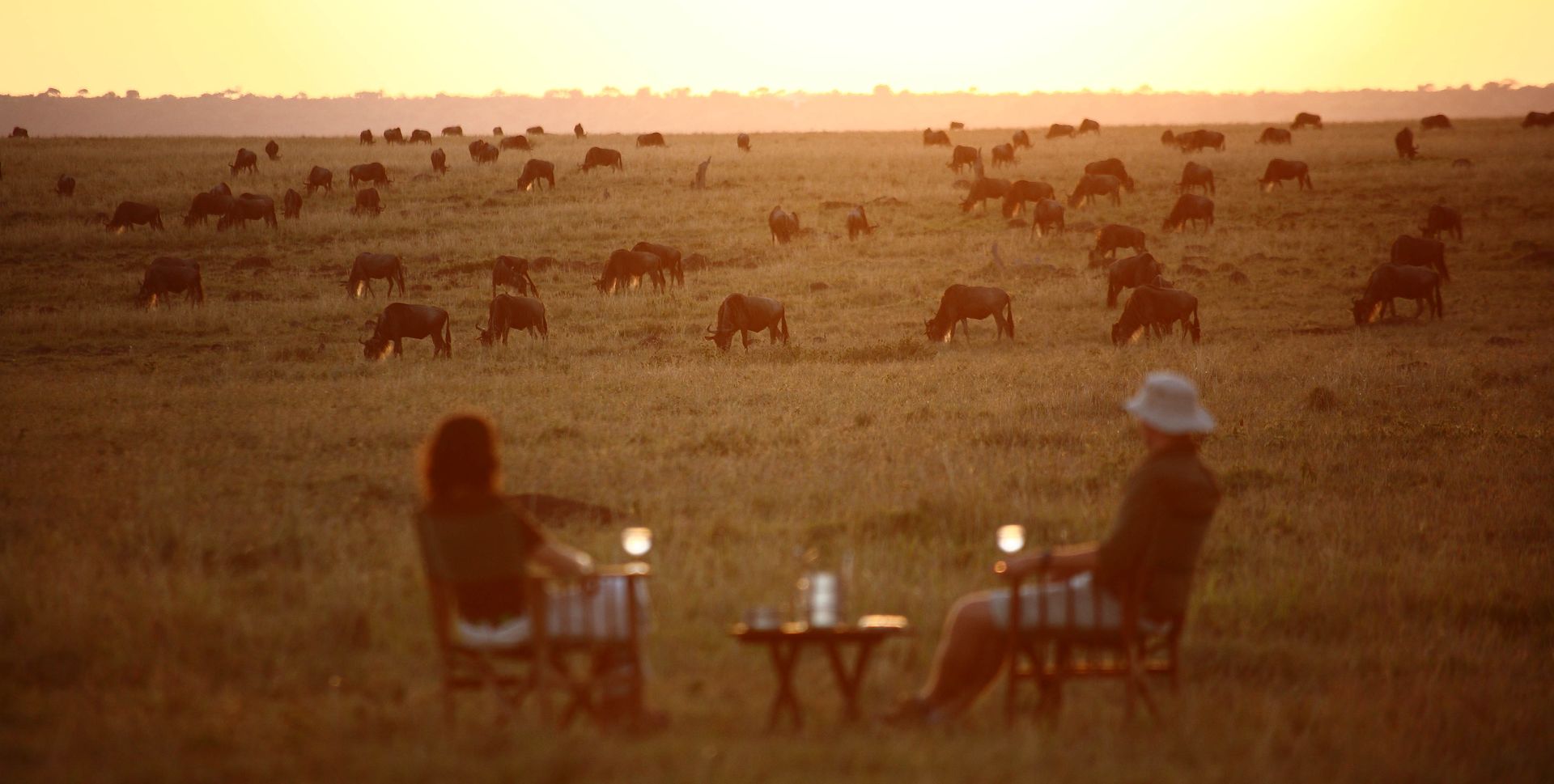
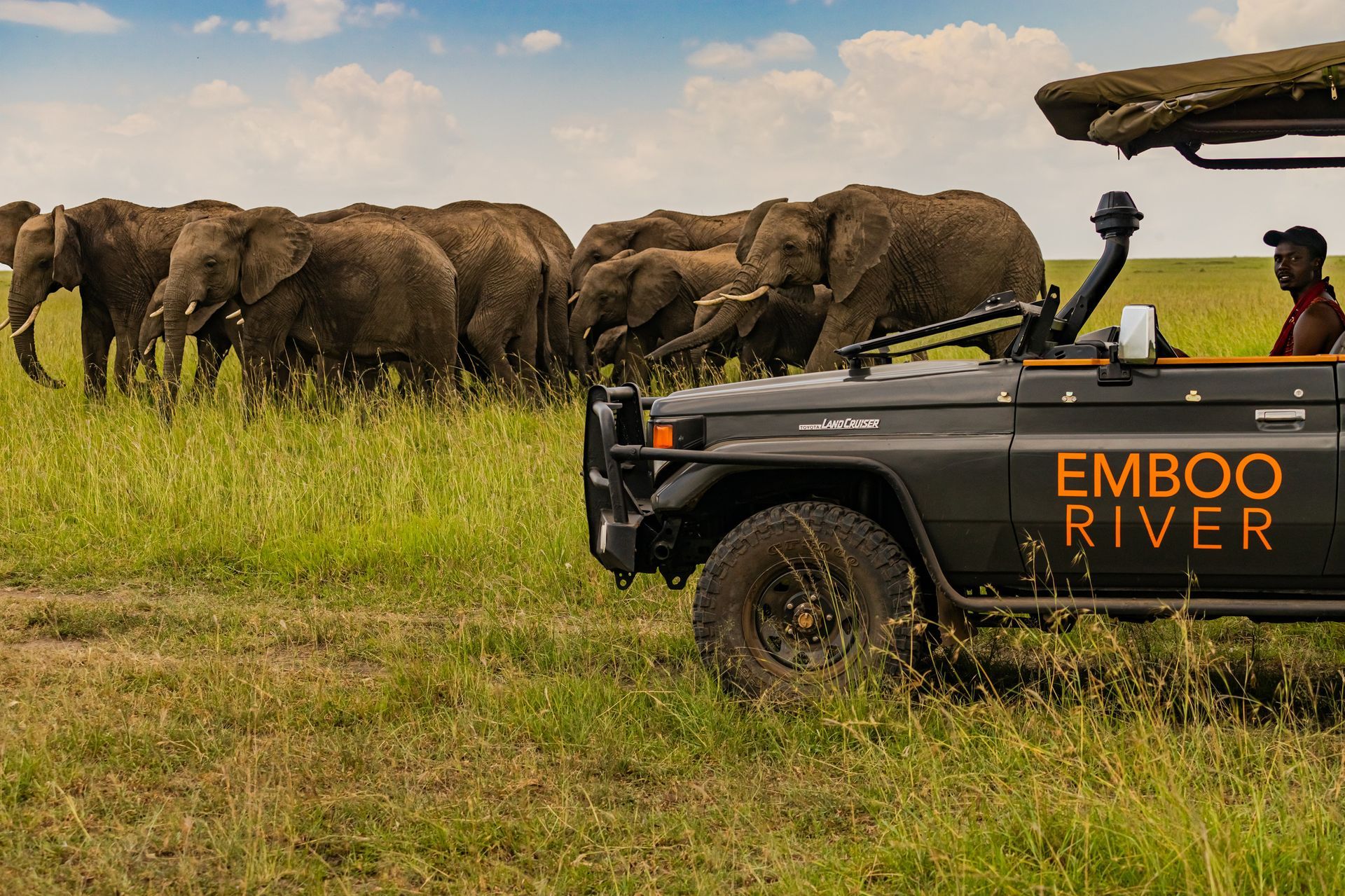
Designed & powered by: The Safari Collective
All Rights Reserved | Zafaris
All Rights Reserved | Zafaris
Designed & powered by:
